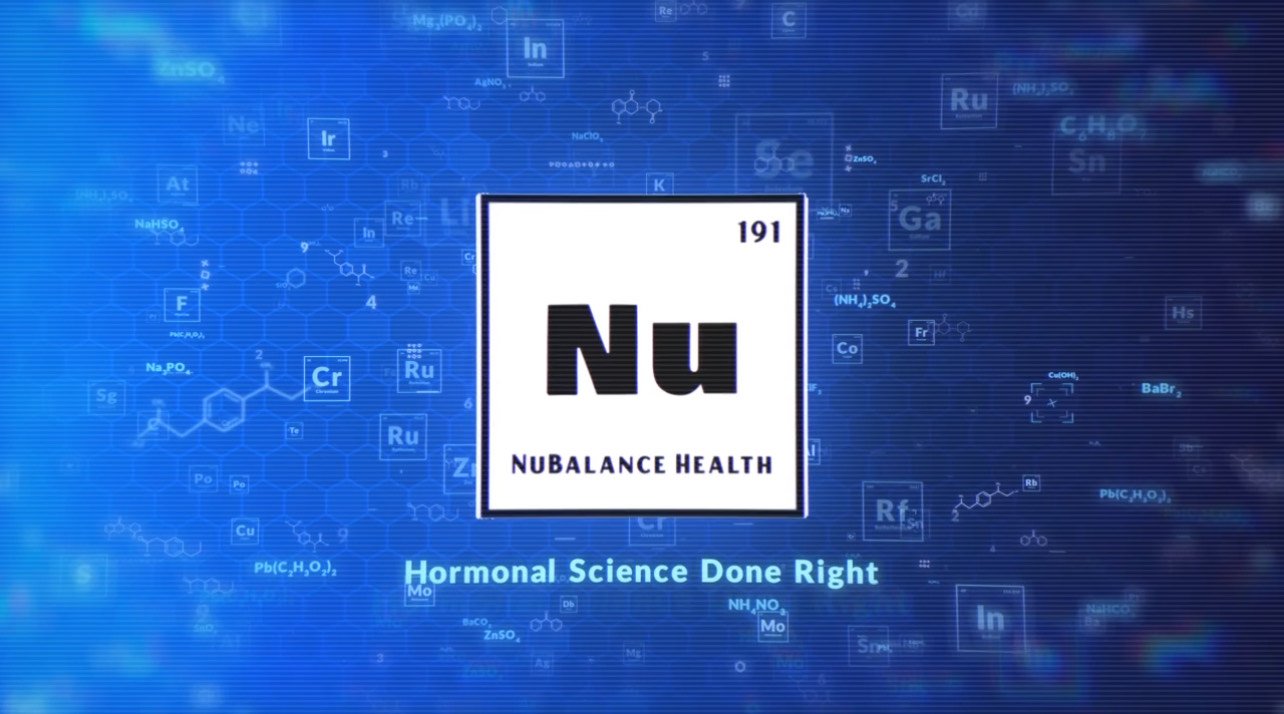
What is Oxytocin?
Peptide Center

Oxytocin is a hormone and neurotransmitter produced in the hypothalamus and released by the pituitary gland. It plays a crucial role in social bonding, emotional regulation, reproduction, and various physiological processes.
How It Works:
1. Social Bonding & Trust:
• Oxytocin is often called the “love hormone” because it enhances bonding between individuals, including romantic partners, parents and children, and social groups.
• It promotes feelings of trust, empathy, and connection.
2. Reproductive & Sexual Function:
• In women, oxytocin triggers uterine contractions during childbirth and facilitates milk ejection during breastfeeding.
• In both men and women, oxytocin is released during physical intimacy and orgasm, strengthening emotional connections.
3. Stress & Anxiety Reduction:
• Oxytocin counteracts the effects of cortisol (the stress hormone) and can promote relaxation, reducing anxiety and fear.
• It is involved in emotional regulation and can improve mood.
4. Wound Healing & Anti-Inflammation:
• Research suggests oxytocin has anti-inflammatory properties and may aid in tissue healing.
5. Metabolism & Weight Regulation:
• Some studies indicate oxytocin influences appetite and energy metabolism, potentially playing a role in weight management.
Oxytocin in Therapy & Medicine:
• Synthetic oxytocin (Pitocin) is used to induce labor or manage postpartum bleeding.
• It is being researched for treating anxiety, depression, autism spectrum disorder, and even addiction due to its role in social behavior and emotional processing.

